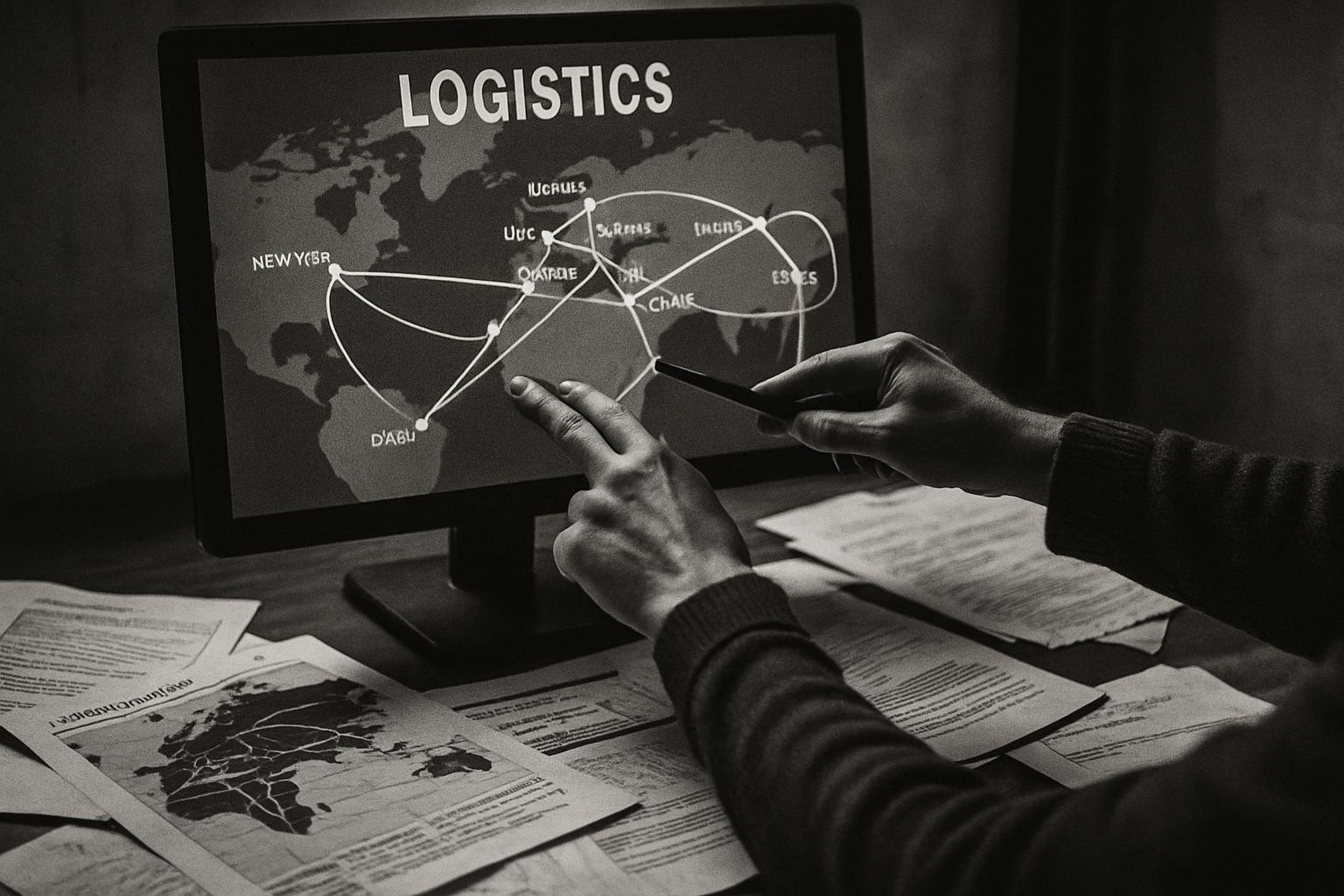IFS has acquired AI‑driven supply‑chain specialist 7bridges in a deal announced on 18 August 2025, a move the vendor says will extend its Industrial AI footprint into logistics and transport optimisation. According to the company announcement and press distribution of the deal, IFS intends to fold 7bridges’ technology into its IFS Cloud platform and accelerate the roll‑out of AI‑enabled supply‑chain solutions to its existing customer base in manufacturing, aerospace and defence.
7bridges’ product is marketed as a logistics digital twin that combines rapid, low‑cost data capture, a high‑quality semantic data layer and an AI simulation engine to run what‑if scenarios across networks. The vendor materials and the acquisition statement highlight use cases such as carrier performance tracking, cost‑to‑serve modelling, automated invoice checks and multi‑scenario comparison to support procurement and routing decisions. The releases also quote performance figures supplied by the companies: an average transport‑cost reduction of around 8% and automation of approximately 90% of logistics data entry and management tasks.
IFS frames the acquisition as a capability extension rather than a departure from its core offering. The company says the 7bridges technology will be integrated into IFS Cloud and paired with IFS’s recent AI investments — including the acquisition of agentic‑AI developer TheLoops and the Nexus Black innovation programme — to speed prototype‑to‑production cycles for industry‑specific AI solutions. Nexus Black, launched earlier in 2025, is presented by IFS as a vehicle for co‑creating bespoke Industrial AI deployments with customers under industrial governance and secure, scalable delivery models.
The deal arrives against a backdrop the companies describe as a fast‑growing market driven by persistent cost pressures, global supply‑chain disruption and intensifying decarbonisation requirements. The announcement positions AI‑driven simulation and analytics as tools for both tactical and strategic resilience — enabling firms to test carrier mixes, rerouting options and contract changes before committing to operational shifts.
Those vendor claims should be read with appropriate caution. The cost‑saving and automation figures come from company materials and marketing collateral and have not been independently verified in the announcement. Vendors’ estimates of measurable ROI often depend on customer context, data quality and implementation scope, and will vary between organisations and sectors.
Mark Moffat, chief executive of IFS, said in the acquisition statement that the deal will “differentiate our offering” and resonate with asset‑intensive customers; Philip Ashton, chief executive of 7bridges, told the same release that joining IFS will accelerate the company’s mission to transform global supply chains through AI and extend its geographic and industry reach.
Practically, the promise of simulation‑driven decision support is compelling: 7bridges’ product detail emphasises scenario visualisation, risk assessment and bottleneck identification to speed procurement exercises and reduce disruption risk, while IFS’s Nexus Black emphasises governance and measurable outcomes when moving AI prototypes to production. For customers these capabilities could translate into faster, lower‑risk procurement and clearer trade‑offs between cost and emissions when evaluating network changes.
Nonetheless, integration challenges remain. Realising simulation‑led benefits depends on access to clean, reconciled operational data, aligned process change within procurement and logistics teams, and careful change management — areas in which even well‑funded technology roll‑outs can stumble. IFS points to its long history and scale — founded in 1983 and operating globally — as advantages in bringing 7bridges to broader markets, but independent customer case studies will be the true test of impact.
Strategically, the acquisition underlines IFS’s push to assemble domain‑specific AI capabilities for asset‑intensive industries. The company claims the move will accelerate development of next‑generation supply‑chain solutions; whether those claims translate into measurable customer outcomes will depend on implementation, sector dynamics and the usual challenges of data integration and adoption.
📌 Reference Map:
##Reference Map:
- Paragraph 1 – [1], [4]
- Paragraph 2 – [1], [2], [3], [5], [6]
- Paragraph 3 – [1], [7]
- Paragraph 4 – [1], [2]
- Paragraph 5 – [1], [2], [3]
- Paragraph 6 – [1], [2], [3]
- Paragraph 7 – [5], [6], [7]
- Paragraph 8 – [1], [5], [7]
- Paragraph 9 – [1], [2], [3]
Source: Noah Wire Services
